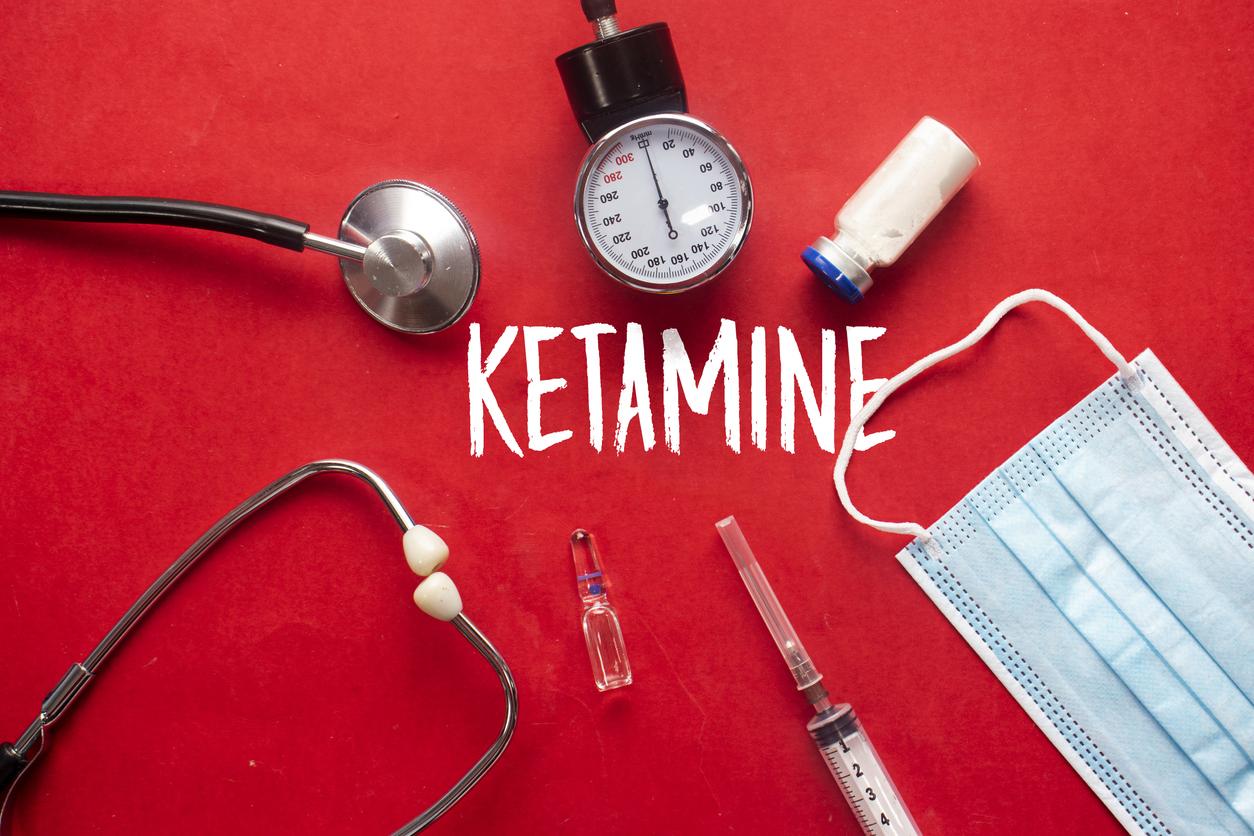More than 3 million French people are affected by depression. And among them, about 30% would be resistant to currently available antidepressants, according to the Institute of Molecular and Cellular Pharmacology (IPMC). Today, selective serotonin reuptake inhibitors (SSRIs) are most often prescribed to treat the disease. But they do not work in all patients. Professor Kenji Doya of the Doctoral College of Science and Technology in Okinawa (Japan) thinks he has discovered why: there are in fact three subtypes of depression, which are not due to the same causes and which are not treated with the same way.
Three subtypes of depression, linked to interactions in the brain
To reach these conclusions, the Japanese professor and his team examined the clinical data of 134 participants, half of whom had been diagnosed with depression. The researchers collected information on their life, their mental health, their sleep habits… They thus broke down more than 3,000 measurable characteristics – including the incidence of childhood trauma and the severity of the depressive episode – to form five groups of data. In the end, three of these five groups were identified as subtypes of depression.
They also gave them magnetic resonance imaging (MRI) to study their brain activity. They mapped 78 regions of the brain and examined the connections between them. These MRIs revealed that the patients showed different signals, in particular with a part of the brain called the angular gyrus, a region involved in the default network (processing of language, numbers, spatial cognition and attention). However, these various interactions would make it possible to predict whether SSRI treatments effectively treated depression.
A negative response to medication
The scientists have finally put together all of their results. And the study found that one of the subtypes of depression was correlated with high functional connectivity in the angular gyrus, and therefore a negative response to SSRI treatments. However, the participants in this group were victims of childhood trauma. In contrast, people with the other two depression subtypes who responded well to medication were characterized by low brain connectivity and the absence of childhood trauma.
The angular gyrus was until now not known for its function in depression. “These findings could help physicians predict the effectiveness of depression treatment on functional brain connectivity, as well as the incidence of trauma in children”conclude the authors in their study, published in the journal Scientific Reports.
Read also :
- 8.2% of working people have already suffered from depression
- 44 genetic mutations linked to depression

















